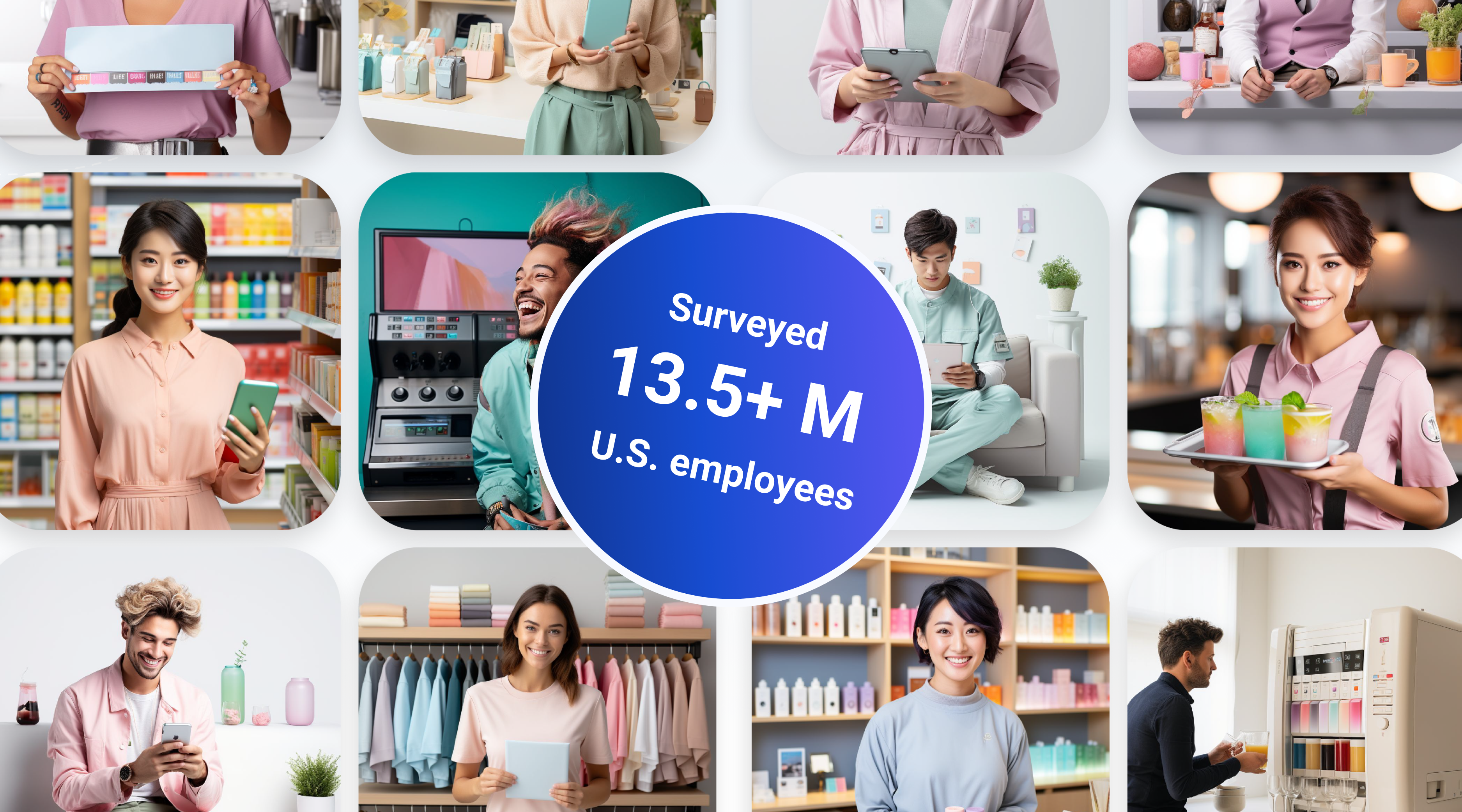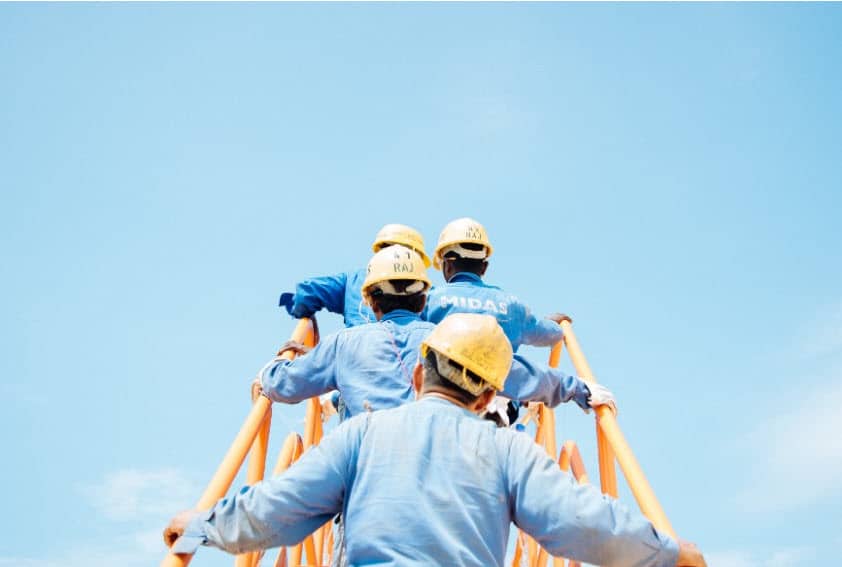The restaurant and hospitality industries are critical socio-economic sectors that significantly contribute to the global economy. The COVID-19 pandemic had a disproportionately adverse impact on the worldwide hospitality industry. In the face of further COVID-19 waves, it is critical to learn and disseminate the factors/practices shaping restaurant business continuity. Practical employee’s training and innovative marketing practices are examples of resilient practices.
Before going down, it is essential to evaluate the current status of the restaurant and hospitality industry. The European hospitality industry was the worst victim of Covid-19, as a 50% reduction was observed in total revenue. Likewise, the global revenue for the hospitality industry is expected to fall by 34.7%. However, the global market for full-service restaurants is still expected to reach $3 trillion by 2022.
According to a recent study in the European Journal of Hospitality and Tourism Research, employee education and training are one of the key success factors in the hospitality industry. Similarly, an Editorial report depicts that 70.42% of customers believe that advanced staff training in innovative technologies is indispensable to cope with post-COVID-19 challenges.
According to a cohort study, Consistent training activities positively impact service quality, resulting in higher levels of customer satisfaction, which increases customers’ behavioral intentions.
The traditional staff training methods are tedious, lack hooks, expensive, and are time-consuming. These consequences have direct impacts on employees’ performance. As Employees are the key players in growing your restaurant and hospitality industry. So, a modern but innovative staff training plan is indispensable to improve your employee efficiency.
You can boost your restaurant output by simply following a unique but innovative 3 step training plan.
Transformation of training techniques

The digital platform has revolutionized the education and training sector. Online training over traditional ones can bring tremendous changes in your staff training as it can totally swing the manager’s focus from training to knowledge management. Moreover, managers can focus more on their primary responsibilities of achieving higher-level company goals with the time saved.
The remote training courses are generally highly organized, specific, and easy to access for your restaurant staff. The most pronounced advantages of remote training are time and cost-friendly and without working schedule disturbance.
In this context, Bites offers complete hassle-free remote training. In fact, Bites has a unique mobile-first training approach that ensures your deskless employees have access to the critical information they need to proceed with their jobs.
Consistent training: unifying practices and routines across stores
An inadequate, inconsistent, and fall-flat training leads to poor and inefficient outputs. While a series of consistent training with proper traceability and long-term goals is indispensable to get the desired result in the restaurant industry. This fact is evident from the recent Covid-19 pandemic; you need to conduct continuous training sessions to cope with quickly changing circumstances.
Getting a consistent message across stores is a top priority in the food and beverage industry, as demonstrated by Egg Harbor Café’s case study with Bites, where Bites was used to systematize practical trainings.
Another vital aspect is expert trainers for the successful implementation of online training. The frequent availability of trainers and their ongoing interactions with restaurant staff can build a strong bond of empowerment, engagement, and interest in acquiring the latest knowledge.
In many cases, the experts are within the organization. They’re managers or veteran employees who know how to do routine processes well, and it’s their knowledge that needs to be captured and amplified across the organization.
Recently, the Stanford Journal of Hospitality & Tourism Management published a study about the influence of staff training on sales control of classified restaurants. The study suggests that qualified trainers can effectively provide quality training tailored to the needs of the targeted employees.
3. Implement a practical, microlearning solution

Instead, micro-learning is a method of learning that focuses on a single concept while utilizing multisensory and multimodality in a limited amount of time. Micro-learning training includes short video sessions with elegant visuals to engage your staff. Moreover, this type of training consists of demonstration in the form of practical videos that disseminates the training message clearly.
Additionally, since in the food and beverage industry is mostly staffed by young and Gen-Z employees, finding a mobile-first, video-based solution is a great way to meet employee’s evolving needs when it comes to professional education.
One of the obvious advantages of micro-learning training sessions over other online methods is adaptability and the easiness of using various online learning management tools like Slack, Trello, Microsoft teams, or even SMS/WhatsApp to deliver training. This remote interactive platform is open for feedback with no time compulsion. Your staff can ask any queries at any time with accurate and responsive feedback.
Bites provide training through an exceptional micro-learning platform where you can easily track your employee’s training progress and completion status. The dashboard analytics option in Bites updates you about your staff training success rate.




















